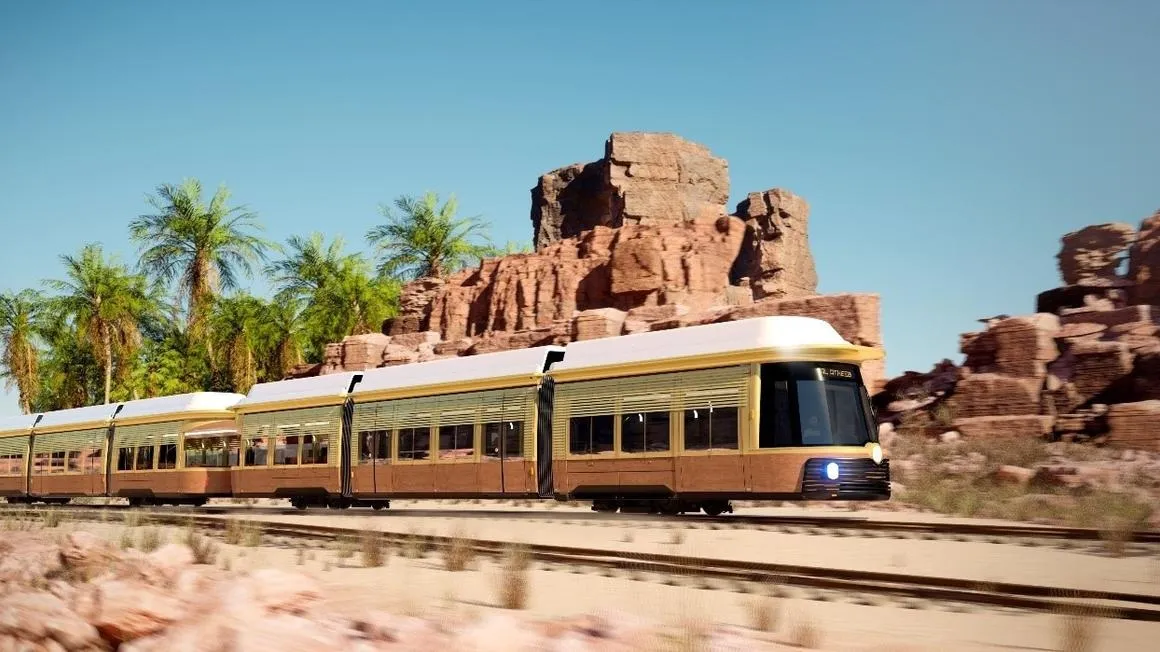The UK government is developing plans for Britain’s first digital intercity railway in the north, as it invests US$17.5 billion (£13 billion) in improving journeys across the region.
As part of the Great North Rail Project, major upgrades are being developed for the TransPennine route between Manchester, Leeds and York from 2022 - to slash journey times between Leeds and Manchester to 40 minutes.
Digital signalling technology is already in operation on the London Underground and
Network Rail will receive up to US$6.7 million (£5 million) to develop proposals for embedding digital technology between Manchester and York, including a system of advanced train traffic management – so that a computer works out how to route the trains most efficiently along the line.
Government invests in northern digital railway plans to improve trans-Pennine
The UK government is developing plans for Britain’s first digital intercity railway in the north, as it invests US$17.5 billion (£13 billion) in improving journeys across the region. The UK government is developing plans for Britain’s first digital intercity railway in the north, as it invests US$17.5 billion (£13 billion) in improving journeys across the region.
September 25, 2017
Read time: 1 min










